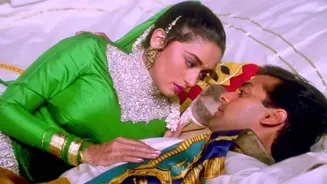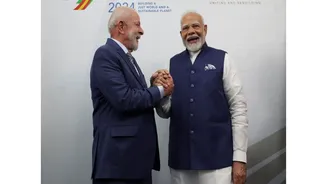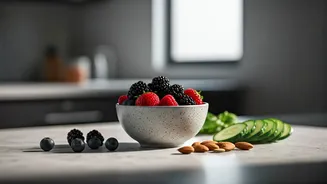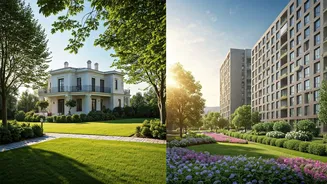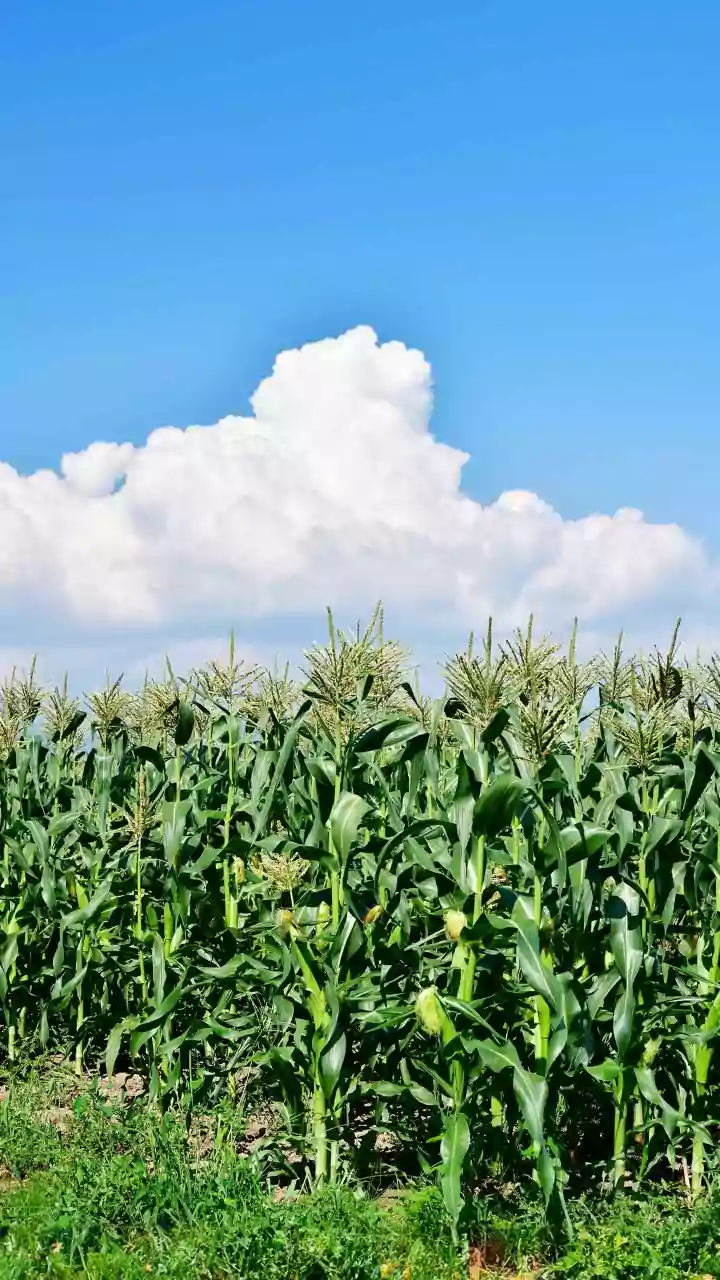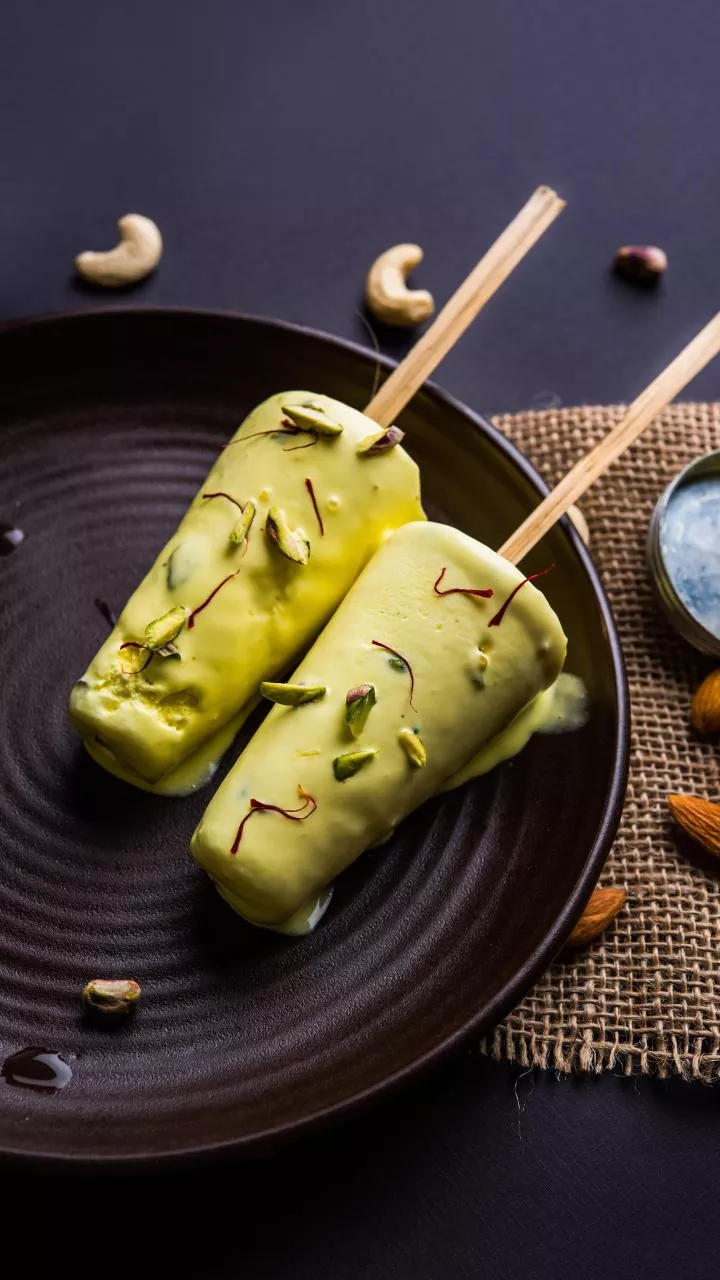When Sooraj Barjatya’s Hum Aapke Hain Koun…! (HAHK) released in theatres, on this day (August 5), 31 years back in 1994, it redefined the Indian cinematic
landscape. Starring the dreamy-eyed Salman Khan and the spunky-yet-divine Madhuri Dixit, HAHK was a cultural phenomenon that managed to blend music, tradition, romance and family values as a heady mix of four-hour-long celebration of the Indian middle-class aspirations. Suddenly family dramas were the big ticket blockbusters and Madhuri Dixit was catapulted to superstardom. Hum Aapke Hain Koun…! reminded an entire generation of cinephiles what wholesome cinema looked like – without dropping a single punch. But as we stand in 2025, three decades after the film released, the question lingers - what if Hum Aapke Hain Koun...! was made today? Bollywood is radically different from what it was 30 years. Movies were still events where the whole family went. There were no streaming platforms redefining the language of storytelling and audiences were not demanding nuance over nostalgia. In such a state, what would the iconic Hum Aapke Hain Koun…! look like now? Also Read: Flashback Films | How Salman Khan, Madhuri Dixit's Hum Aapke Hain Koun..! Subverted Male Patriarchy In Indian Cinema
Would Salman Khan, Madhuri Dixit’s Family Drama Be Slimmed Down?
Perhaps the first thing that would have affected the original HAHK in today’s date was the lack of brevity. Clocking in at 3 hours and 26 minutes, HAHK was essentially a wedding album in motion. Today’s average Bollywood film lasts for 2 to 2.5 hours and even that feels long to OTT-conditioned viewers. A 2025 version of HAHK would perhaps trim elaborate song sequences and family montages. Instead of 14 songs, we might get five or six, including a tearjerker for climax. The rest? Possibly relegated to a Spotify exclusive extended soundtrack.
But would that really be as magical as Salman Khan and Madhuri Dixit’s Hum Aapke Hain Koun…!?
Hum Aapke Hain Koun…! Could Possibly Become Sharper, Darker
Unlike simple storytelling of the nineties, modern Indian audiences expect layered characters and compelling plots. If released today, Hum Aapke Hain Koun would perhaps need more dramatic tension, deeper character arcs and also a subplot addressing contemporary issues – career vs marriage, gender roles or a generational conflict.
Madhuri Dixit’s Nisha – a dutiful, smiling sister and sister-in-law – could possibly evolve into a career-focused woman wrestling with the idea of sacrificing her autonomy for familial obligation. Barjatya’s narrative focused on tropes that were popular at that time – the ideal bahu, the dutiful beti – would that really work in a world fragmented with opinions?
Salman Khan’s Prem would perhaps have to be more than a charming loafer with a love for cricket. In a modern world there has to be a shade of complexity marring Prem’s simplicity, perhaps a reluctant entrepreneur taking over the family business, with emotional baggage of his own.
Renuka Shahane who’s death in the film was a major plot twist, could become an emotional catalyst that drives conflict, guilt, and healing within the family, rather than a quiet nudge to set up a sacrificial marriage. The emotional complexities of HAHK would perhaps be increased manifold to make it seem relevant to contemporary audiences.
Also Read: I Loved Saiyaara, But My Oxford Year Broke Me — In A Good Way
Changing Times And Evolving Setting
Back in 1994, when Hum Aapke Hain Koun landed in theatres and our hearts, the idea of a massive joint family living under one roof was aspirational. In 2025, it is a rarity. A modern day HAHK would likely focus on an extended family reuniting for a wedding in some distant haveli, more as a token gesture than a grand declaration of filial affections. The film would still retain its core Indian-ness, but the setting would be curated for Instagram — think drone shots of mehendi ceremonies, bridal dance reels, and coordinated lehenga moments. It would be wedding content for the content age.
Subversion of Gender Roles
One of the biggest changes would be in the depiction of the heroine and women within the framework of the narrative. In 1994 Nisha was cheerful, sweet and sacrificial. In 2025, she is more likely to be more assertive. The core reason for this could perhaps be with the fact that today’s audience wouldn't buy a plot where a young woman is expected to marry her dead sister’s husband out of duty — especially without extensive discussion - around consent, trauma, and personal choice. A modern Nisha would question the logic, and the script, ultimately, would need to respect her agency.
There needs to be a sense of emotional maturity in our hero as well. Prem back then was celebrated for his vulnerability. Now, he perhaps would do better as conflicted and flawed – a departure from the charming and commitment-free-boy-next-door archetype of the nineties.
Hum Aapke Hain Koun…! Cast
And this begets us to ask, would the cast from then be relevant now? Nisha would perhaps find a fiercer voice in Alia Bhatt or Kiara Advani, bringing in an emotional range suited to contemporary times. Vicky Kaushal’s emotionally grounded personality could perhaps suit Prem. And the supporting cast could champion actors like Neena Gupta, Pankaj Tripathi and who knows a Madhuri Dixit cameo as well.
OTT , Big Screen or Both?
Would Hum Aapke Hain Koun…! release in theatres today? Probably, but it would need an OTT release within weeks as well. Family dramas perhaps have found a greater footing in streaming platforms than mainstream cinema - think Gulmohar, The Great Indian Family.
Also Read: Metro… In Dino Is My Silsila, DDLJ Part 2: A Love Letter
Hum Aapke Hain Koun…! Is Perhaps Timeless
Hum Aapke Hain Koun...! was, one could argue, a product of its time – a cinematic celebration of family, love and tradition that resonated across generations. And a Hum Aapke Hain Koun made today would be sleeker, smarter, and more emotionally layered, yes, but its soul would remain intact.
Let’s be honest, at its core, HAHK is not just wedding or songs, it is a love letter wrapped in laughter, family and the belief that goodness prevails. In 2025 that message still holds. HAHK is timeless in its appeal, a song of familiarity that lulls you into a sense of comfort, like your naani’s arms or the afternoon chocolate, lime juice, ice cream and toffees. Forget remaking, or reimagining, if Hum Aapke Hain Koun re- released today, it would perhaps once again be the event film of the year.
